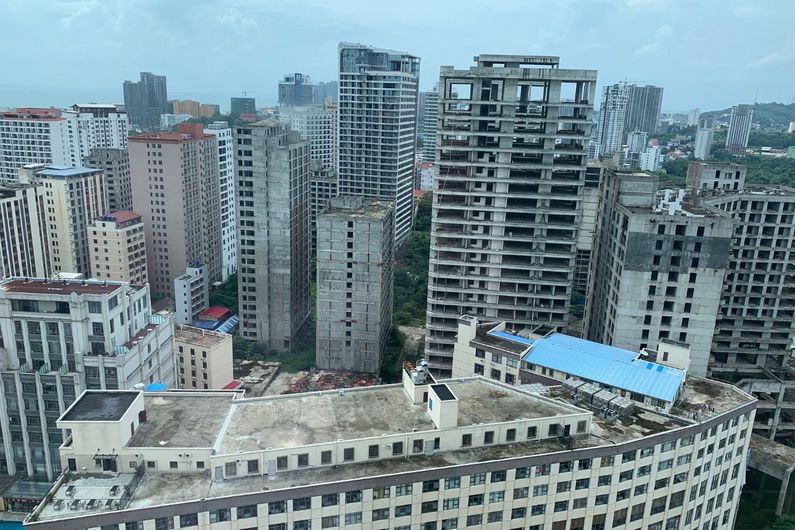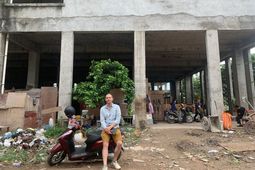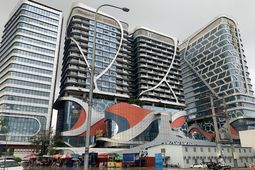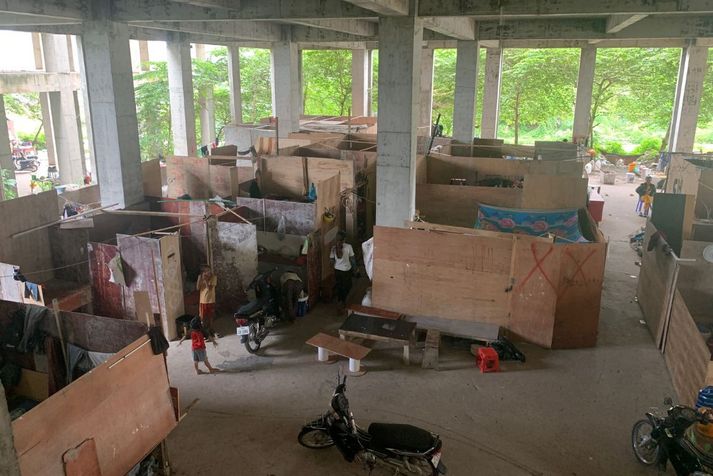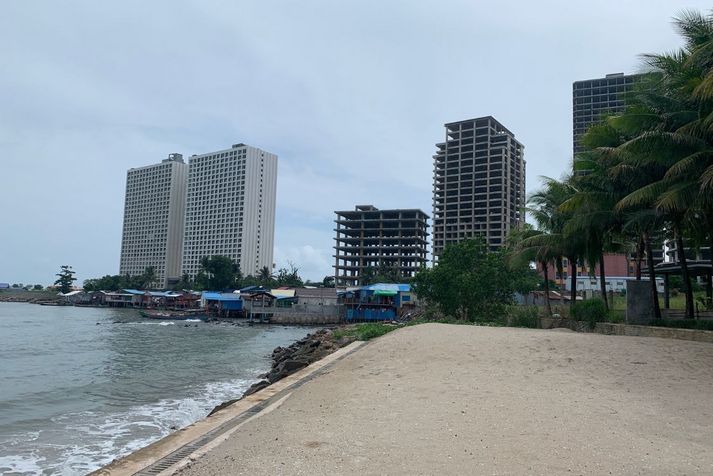How China invests in another Asian country
- UdeMNouvelles
09/07/2023
- Martin LaSalle
UdeM geography professor Gabriel Fauveaud travelled to Sihanoukville, Cambodia, to see the social, economic, and physical impact of the Chinese spending spree in the port city.
On Cambodia’s south coast, the port city of Sihanoukville has undergone a radical transformation thanks to a massive increase in investment by China. As part of a research project he has been leading since 2020, Université de Montréal geography professor Gabriel Fauveaud travelled there to assess the social, economic and physical impact of the spending.
Before 2017, Sihanoukville had a population of approximately 60,000. Then Chinese investors arrived and changed everything. In just two short years, the city's population exploded, rising to nearly 300,000 in 2019, making Sihanoukville the second largest city in Cambodia after the capital, Phnom Penh.
New Chinese cash has built new luxury building complexes, created special economic zones and opened fancy casinos. New highways, hydroelectric dams and other infrastructure have reshaped the urban landscape, while the new economic zones have attracted foreign businesses. Condos and casinos have sprung up, attracting even more investors – and tourists.
A pandemic hits
But COVID-19 put a crimp in the boom.
Restrictions imposed by the pandemic slowed the frenetic pace of construction in Sihanoukville, leaving hundreds of buildings unfinished. The public-health crisis also highlighted problems such as money laundering and cases of forced labour tied to illegal activities and online gaming.
Fauveaud returned to the city this past June on a three-week trip to explore the dynamics playing out there following the boom, the COVID-19 lockdown and the resumption of economic activity.
“Laws have been introduced to regulate certain activities but the city is still associated with scandals and online fraud, an image it’s trying to change,” Fauveaud said.
“The return of Chinese tourists has revived the economy, but in ways some people consider dubious.”
An undergound economy prospers
From interviews he did with everyone from 'tuk-tuk' minicab drivers and construction workers to people involved in illegal and grey-market activities, Fauveaud found that underground actiivities such as online gaming and scams play a significant role in the city’s economy.
The professor spent time exploring Sihanoukville’s nightlife, where brightly lit buildings draw in tourists while providing cover for illicit activities. Under the watchful eyes of security guards, online gaming and online scams are run out of the back of the buildings, 24/7.
Fauveaud estimates that up to 80 per cent of the city’s economy is tied to these illicit activities.
One thing to note, though: in some parts of the city, unfinished buildings have been occupied by low-income workers and repurposed as homes for many families – a rare positive in the midst of international criticism of the city’s poor urban planning and rampant illegal activity.
'A living example'
Fauveaud’s research points to the current disconnect between China's economic ambitions and the social and economic challenges they create for those on the receiving end of the superpower's largesse.
In Sihanoukville, Chinese investors have reshaped the landscape of both the city and the region, leaving behind vacant buildings and questions about the desirability of this type of development, Fauveaud pointed out.
“Sihanoukville is a living example of the complex consequences of massive foreign investment in the context of rapid urban development," he said.
"But the long-term consequences of this social and economic transformation – for Cambodians, the Chinese investors and the dynamics in the region – remain to be seen.”


